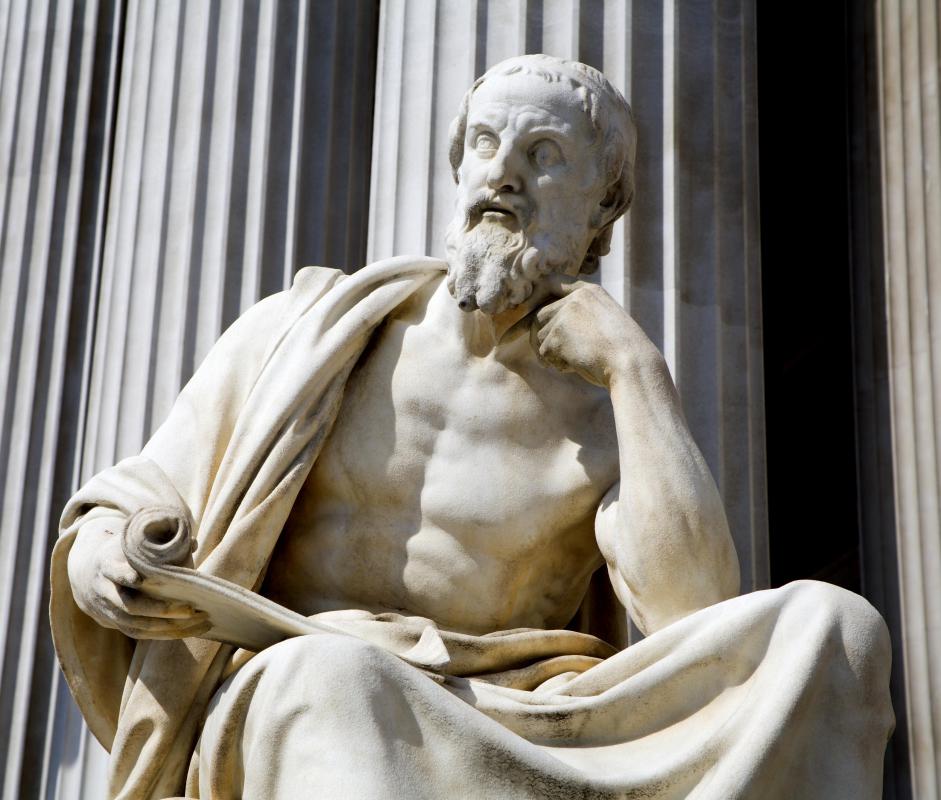
He blends facts, legends and bizarre digressions about gold-digging ants and hippos with manes like horses. Herodotus was actually the world’s first historian, though not in the modern sense of the word. Using ‘research’ from his extensive travels, his ‘Histories’ is a narrative explaining how the Greek city states briefly stopped arguing with each other to stave off conquest by the mighty Persian Empire. Herodotus was a Greek who lived in Ionia in the 5th century BCE.

The Introduction by Rosalind Thomas explains the caveat for the use of the title, ‘Histories’.

These are handsome investment editions, and even though they are now much cheaper than they were when first published, (and you can get them in paperback) they’re still more expensive than the Penguin versions equivalent to the edition that I still have from all those years ago. The other point to note is that there’s no way I could have afforded these lovely annotated editions with their bountiful maps and illustrations, even if they’d been available back then. Serious scholars who’ve stumbled here should abandon this site immediately… So any student dropping by to find erudite quotables will be disappointed with my thoughts here – this post is strictly frivolous. When one reads these histories for fun, at leisure, and spread over weeks and months of reading only when the mood strikes, one can enjoy the gossipy bits, the quirky details and the observations that remind us that the Ancients were not so very different to us after all. We had no personal computers or laptops in those days, much less an iPad, but the pen was always busy taking notes for the impending essay or exam. When one reads these key texts as a student, there’s an academic agenda underlying that reading. I ended up spending many happy weekends absorbed in the books and journals in the Classics Library but keen as I was, I only browsed and read the required sections of Herodotus and his successor Thucydides. However I soon fell in love with the subject because I had some wonderful lecturers to ignite my interest – notably Professor Michael Osborne, and Denis Pryor who took us for Greek and Roman Lit. Classical Studies was not actually my initial choice for a second major: it was more a matter of what lectures were available as evening classes. This is not what I would have said back in the days when I was studying Classics at the University of Melbourne.

Why should anybody not a student of Ancient History be bothered reading Herodotus? Good question, and my answer is, for fun.


 0 kommentar(er)
0 kommentar(er)
